6 February 2023
Aquaponics is considered a sustainable method of growing plants and vegetables because it combines aquaculture (raising fish) and hydroponics (growing plants in water instead of soil) in a closed-loop system. This symbiotic relationship allows for the efficient use of resources and reduces the need for external inputs, such as fertilizer or pesticides.
One of the key benefits of aquaponics is that it creates a closed-loop system in which fish waste is broken down by bacteria and converted into nutrients that are used by plants. This eliminates the need for artificial fertilizers, which can be costly and harmful to the environment.
Additionally, aquaponics uses less water than traditional soil-based farming. In traditional agriculture, a lot of water is lost through evaporation and runoff, whereas in aquaponics, the water is recirculated and reused. This helps to conserve water and reduce the overall water footprint of the system.

@Unsplash
Aquaponics also helps to reduce the impact of traditional agriculture on the environment. In traditional soil-based farming, the use of pesticides and chemical fertilizers can harm the local ecosystem and contribute to soil degradation. In contrast, aquaponics is a chemical-free method of farming that can help to protect the environment.
Aquaponics also uses less land than traditional agriculture and can be done in urban areas, reducing the carbon footprint of transporting food over long distances.
However, it’s important to note that there are some drawbacks to aquaponics, such as the initial cost of setting up a system, the energy consumption of running the system, and the need for a consistent source of fish. Additionally, it is not suitable for all types of plants, and it depends on the specific conditions of the system.
Overall, aquaponics is a sustainable method of growing plants and vegetables that can help to conserve resources, protect the environment, and provide a reliable source of food. However, it is important to consider the specific conditions of the system and weigh the pros and cons before implementing it.

@Unsplash
There are several reasons why some people may view aquaponics as not being sustainable:
- Energy consumption: Running an aquaponic system requires energy for pumping water, aeration, and lighting. This energy consumption can be significant and may not be sustainable in certain areas where energy sources are limited or expensive.
- Fish-feed: Fish in the system require to be fed, most of the fish feed is made from wild-caught fish, which can lead to overfishing and depletion of fish stocks. Additionally, fish feed can also be a significant source of pollution if not handled properly.
- Dependence on technology: Aquaponic systems rely heavily on technology, including pumps, aerators, and filtration systems. If these systems fail or break down, it can be difficult and expensive to repair or replace them, which can make the system less sustainable in the long term.
- Not suitable for all plants: Aquaponics is not suitable for all types of plants, and some plants may not thrive in the limited environment of an aquaponic system. This means that farmers may not be able to grow a wide variety of crops and may be limited in the types of plants they can grow.
- Cost: Aquaponic systems can be costly to set up and maintain, which can make them less accessible to some farmers or individuals.
- Scale: Aquaponic systems are often small scale, which can limit their ability to produce a significant amount of food to feed a large population.
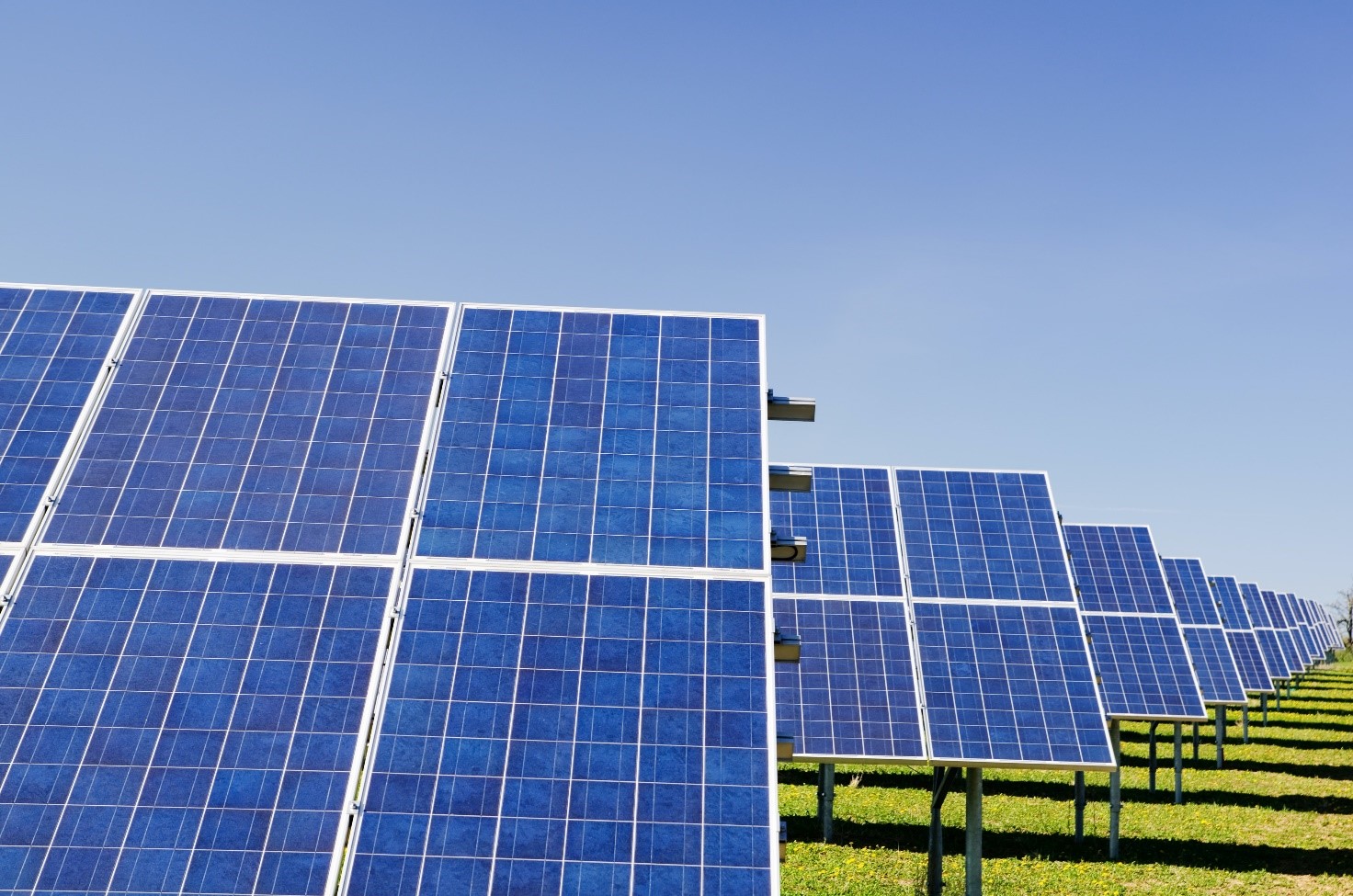
@Unsplash
It is important to note that these are not inherent issues with aquaponics but rather potential issues that can be mitigated with proper planning and management. Many of these concerns can be addressed by using renewable energy sources, sourcing fish feed from sustainable sources, and designing systems that are easy to repair and maintain. Additionally, more research and development are needed to improve the efficiency and scalability of aquaponic systems.
Overall, aquaponics is considered a sustainable method of growing plants and vegetables, but it is not without its challenges. In the h-ALO Project we are experimenting what the challenges and opportunities of Aquaponics are. If you want to know more about this specific case read click here!
What do you think about Aquaponics? Let us know in the comments!


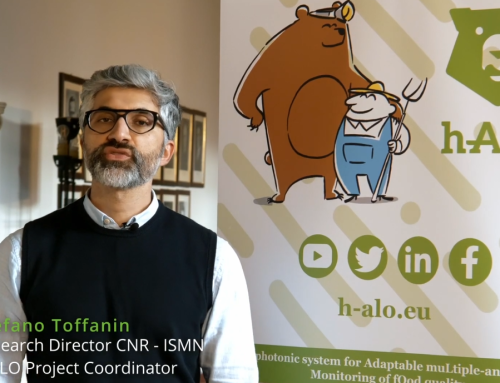
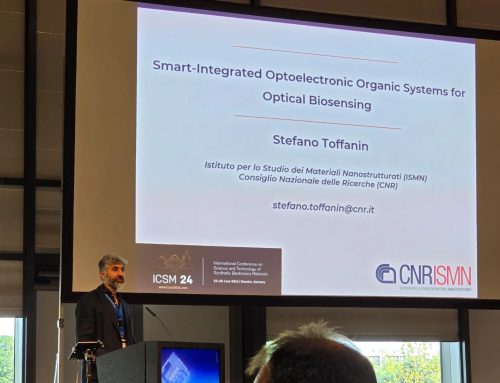
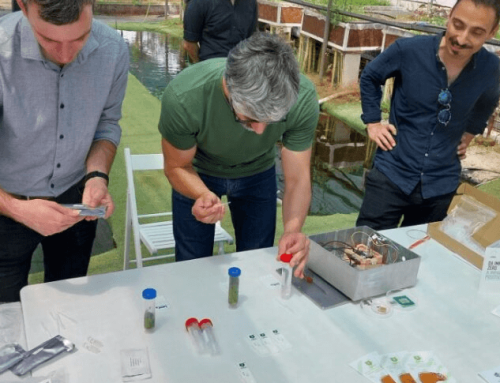
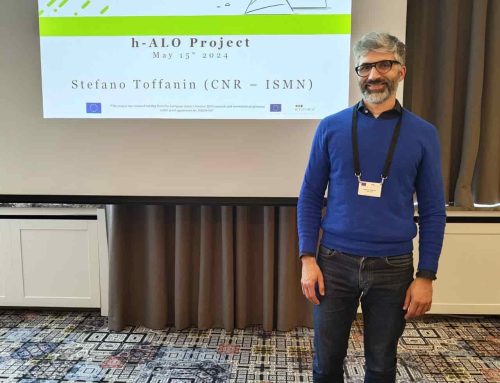
Leave A Comment